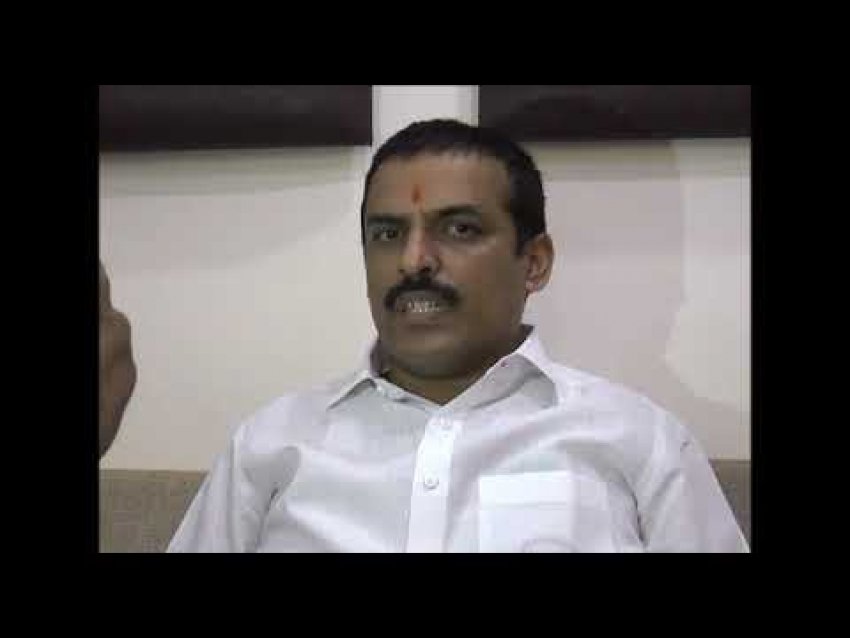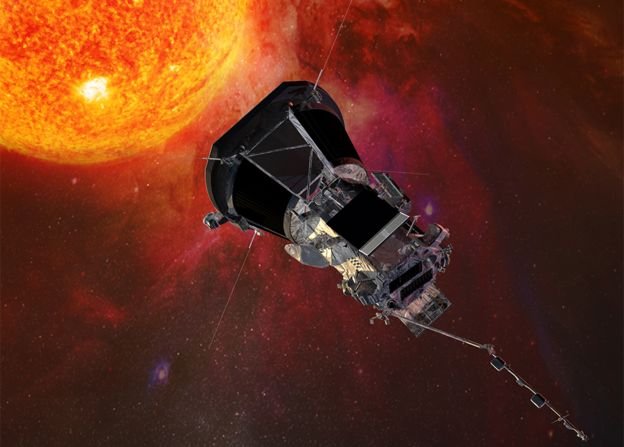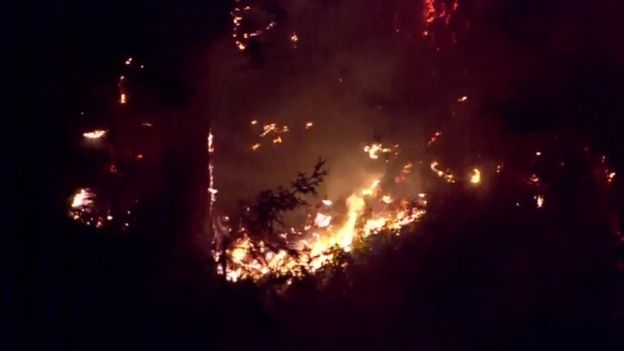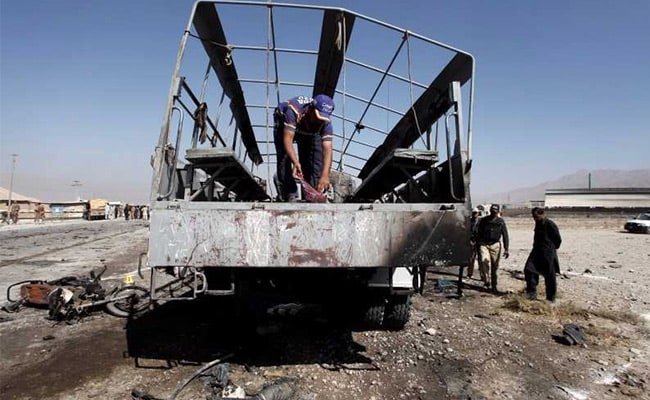The Parker Solar Probe was set to launch from Cape Canaveral, Florida on Saturday, but last-minute investigations have delayed it for 24 hours.
It is now scheduled to blast off - on board the mammoth Delta-IV Heavy rocket - on Sunday morning.
The probe is set to become the fastest-moving manmade object in history.
The rocket was on the launch pad when the countdown clock was interrupted, as officials investigated an alarm.
Nasa had a weather window of 65 minutes to launch, but the time elapsed before the issue could be resolved.
The probe aims to dip directly into our star's outer atmosphere, or corona.
Its data promises to crack longstanding mysteries about the Sun's behaviour - assuming it can survive roasting temperatures above 1,000C.
The Delta will hurl the probe into the inner Solar System, enabling the Nasa mission to zip past Venus in six weeks and make a first rendezvous with the Sun a further six weeks after that.
Over the course of seven years, Parker will make 24 loops around our star to study the physics of the corona, the place where much of the important activity that affects the Earth seems to originate.
The probe will dip inside this tenuous atmosphere, sampling conditions, and getting to just 6.16 million km (3.83 million miles) from the Sun's broiling "surface".
"I realise that might not sound that close, but imagine the Sun and the Earth were a metre apart. Parker Solar Probe would be just 4cm away from the Sun," explained Dr Nicky Fox, the British-born project scientist who is affiliated to the Johns Hopkins Applied Physics Laboratory.
Why is this mission important?
Parker will help us better understand how the Sun works.
The star is constantly bombarding the Earth with charged particles and magnetic fields. This perpetual flow, or "solar wind", is responsible for generating the beautiful auroral lights that appear in polar skies, but there are some interactions that initiate much more troubling effects.
The biggest outbursts from the Sun will rattle the Earth's magnetic field. In the process, communications may be disrupted, satellites can be knocked offline, and power grids will be vulnerable to electrical surges.
Scientists try to forecast these "storms" and Parker promises new and valuable information to help them do that.















